On Exposing the Curatorial «Us»: Curatorial Notes #1
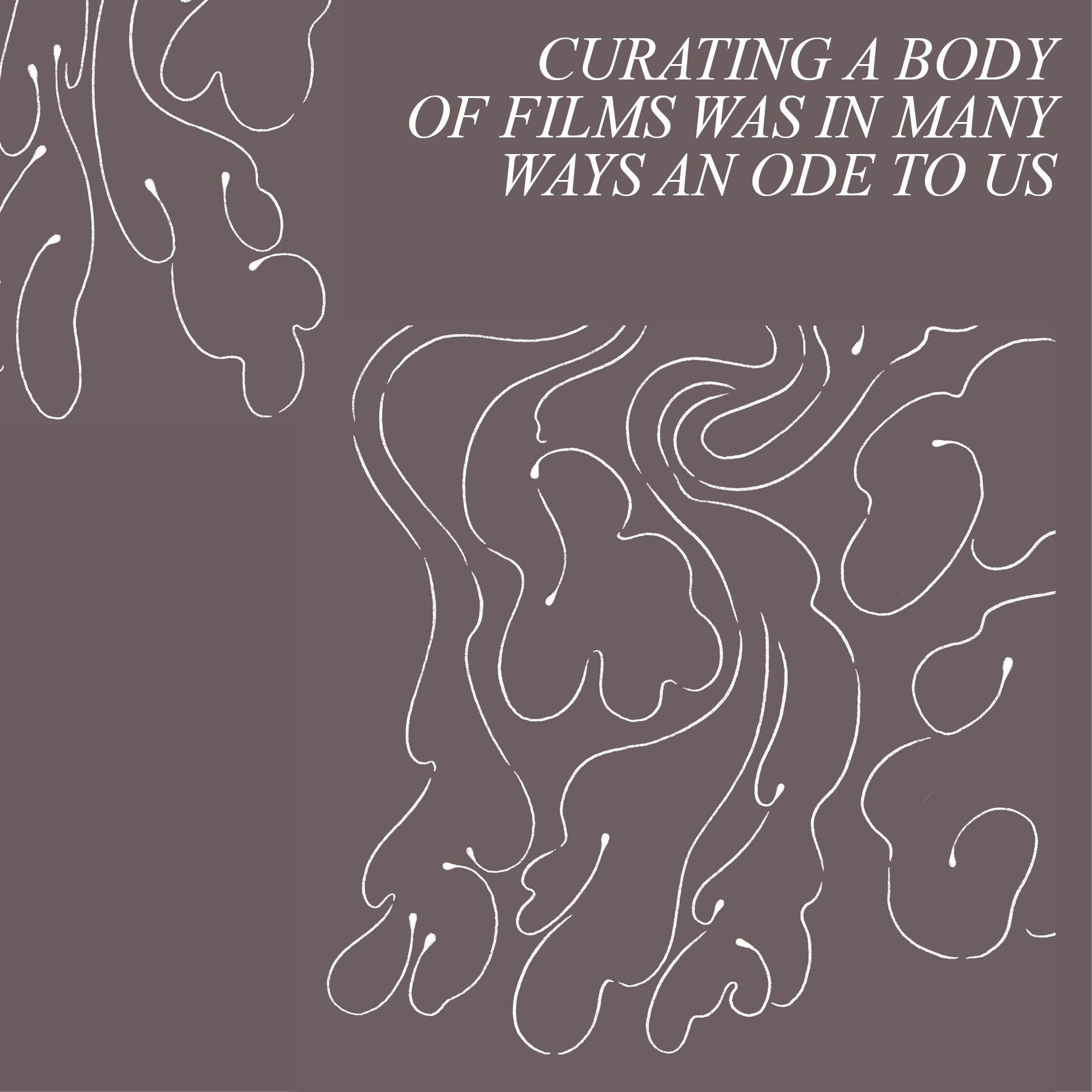
How can we decentralise the power of curatorial spaces? According to our writer, we need to take into account irrationality as a creative process.




How can we decentralise the power of curatorial spaces? According to our writer, we need to take into account irrationality as a creative process.



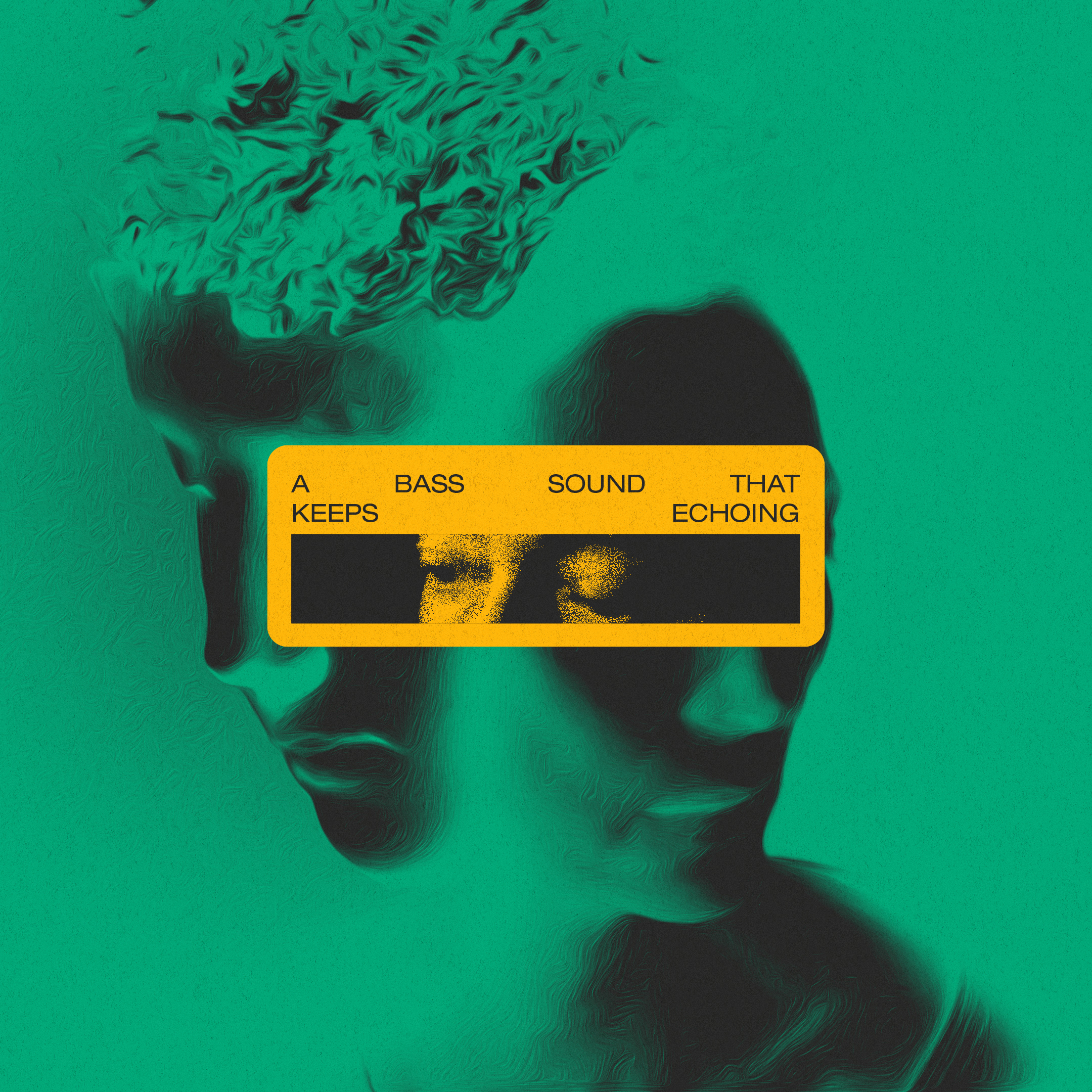
How does sound shape visual perception in a movie? Watching «Memoria» by Apichatpong Weerasethakul, film scholar Sulgi Lie is shaken by a heavy bass that has no visible source.



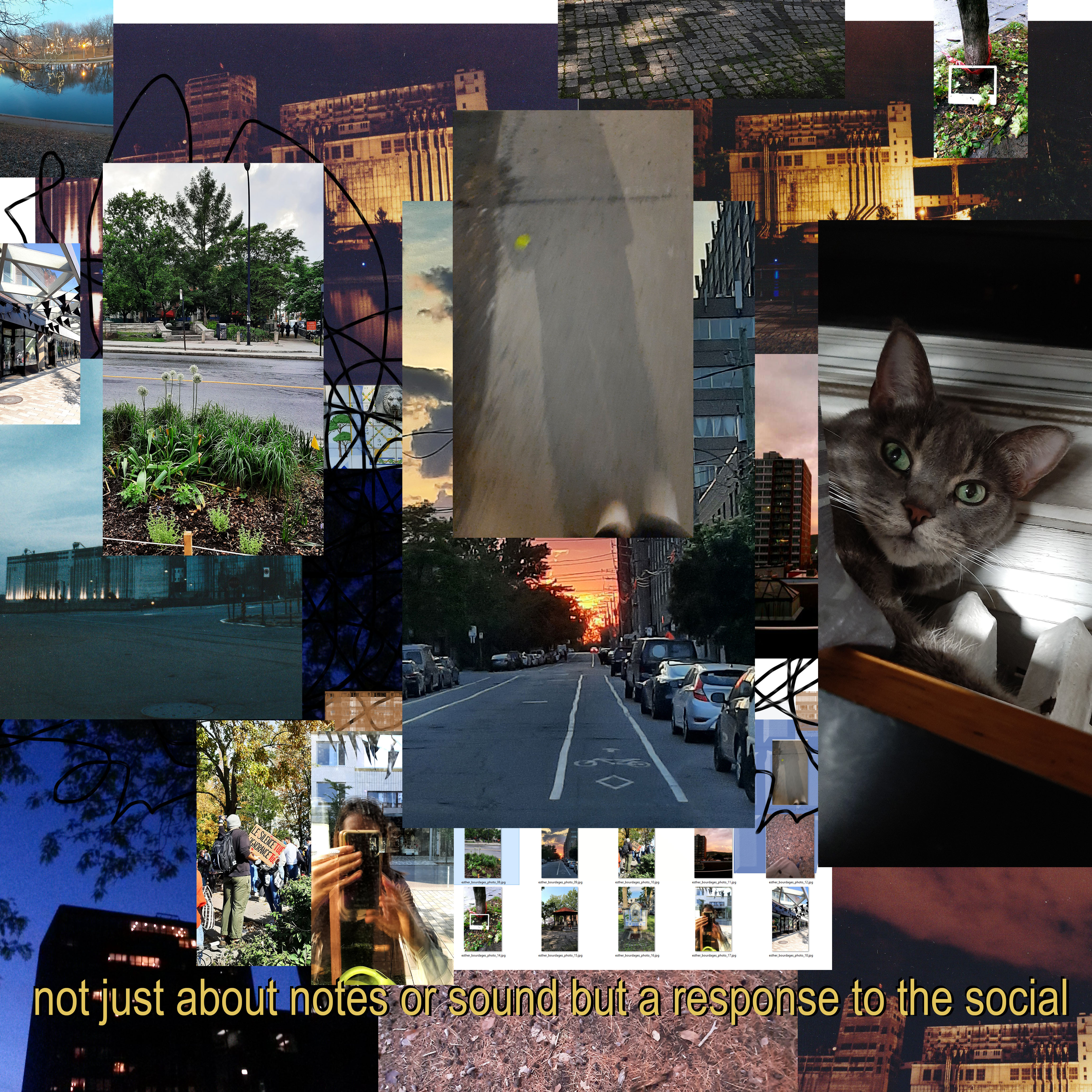
A portrait of Montréal’s diverse music scenes, their global connections and historical roots; and an exploration of the effects of gentrification.



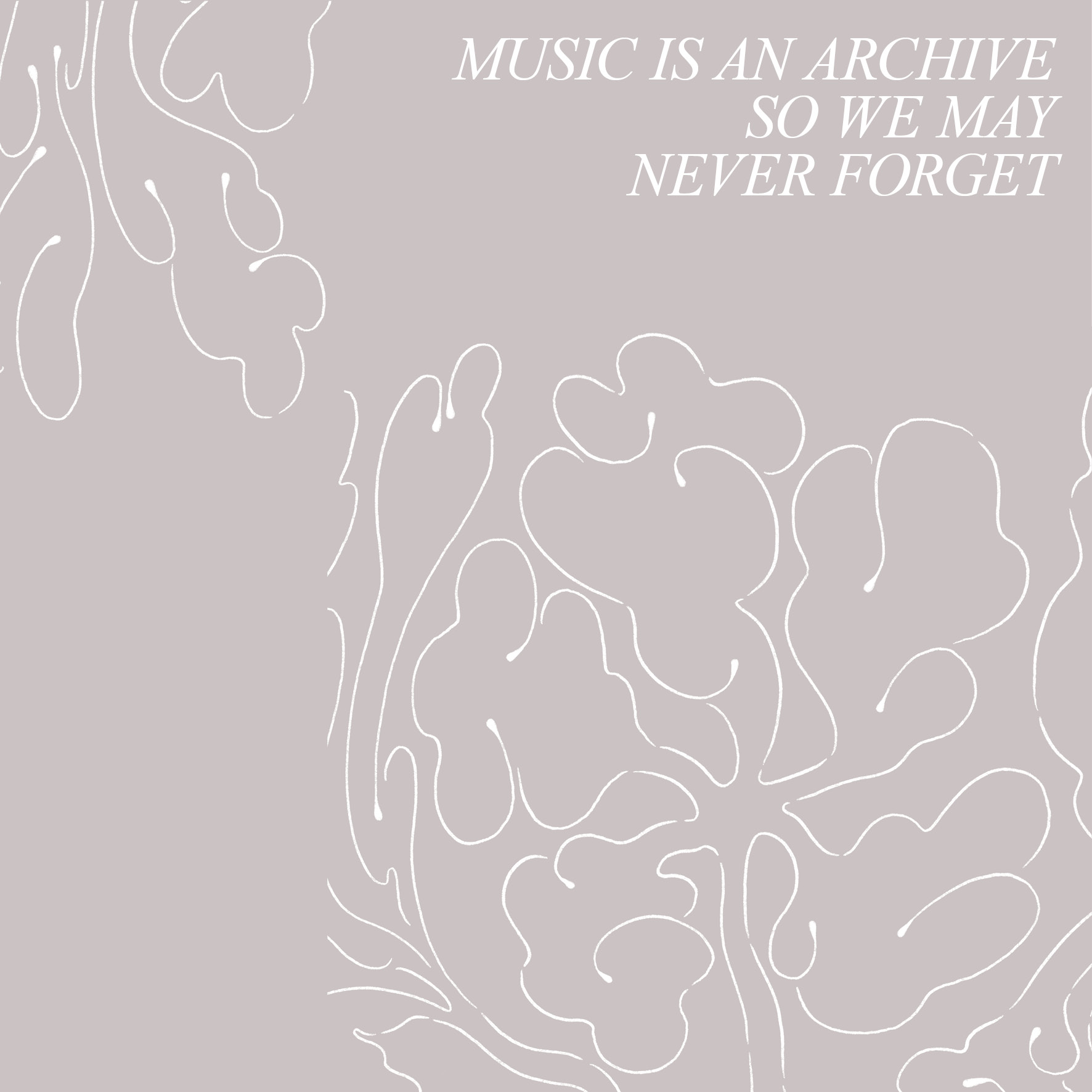
How does a body-self express itself in a digital sphere? In her reflection on a 12th century poem and the singing at anti-CAA protests in India, our writer reassesses the body in pandemic times.



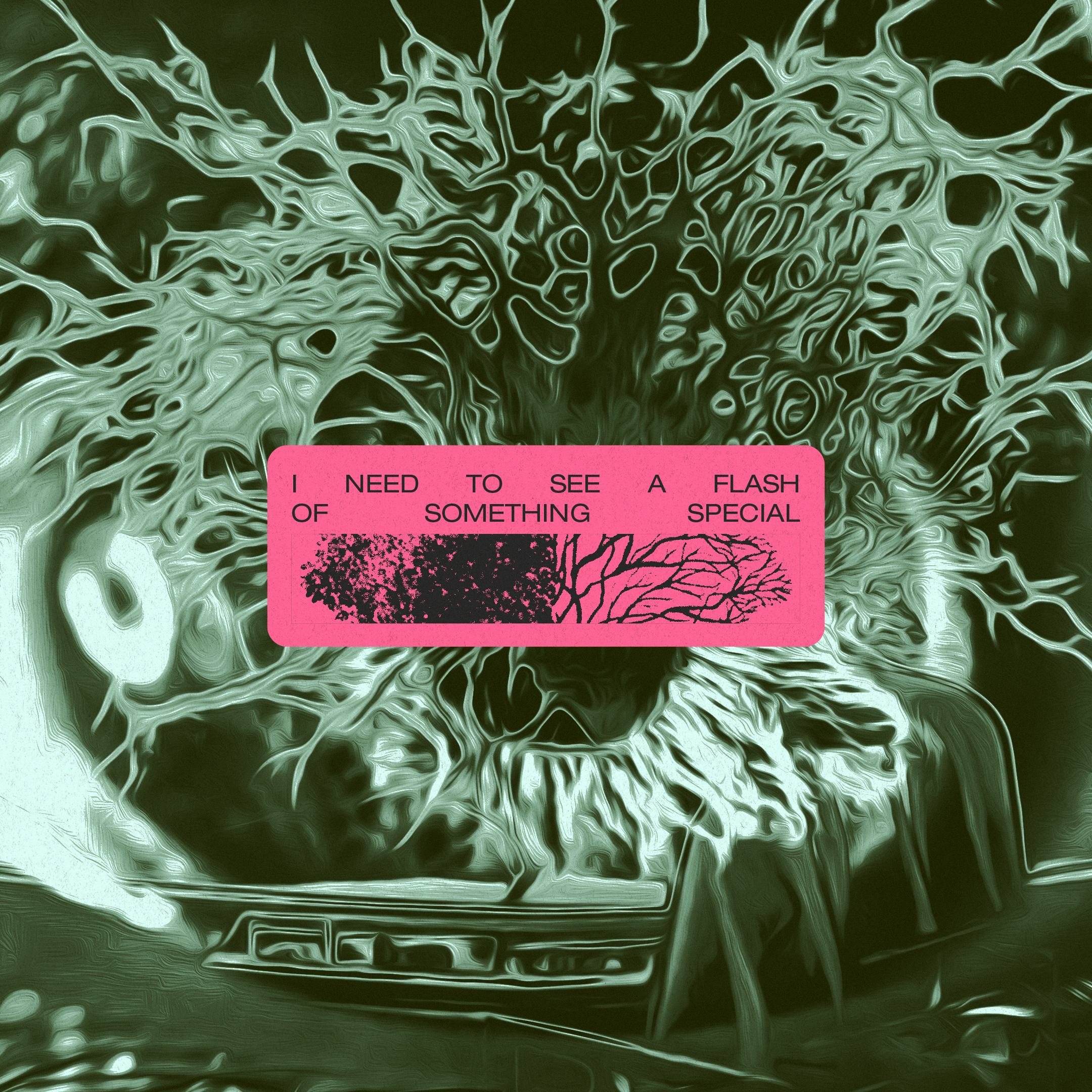
Selecting a film for a festival requires us to look beyond pure preference. In this essay, Chafic Tabbara, film critic and co-artistic director of Norient Festival 2022, shares his thoughts on curating films for cinema in the age of online streaming.



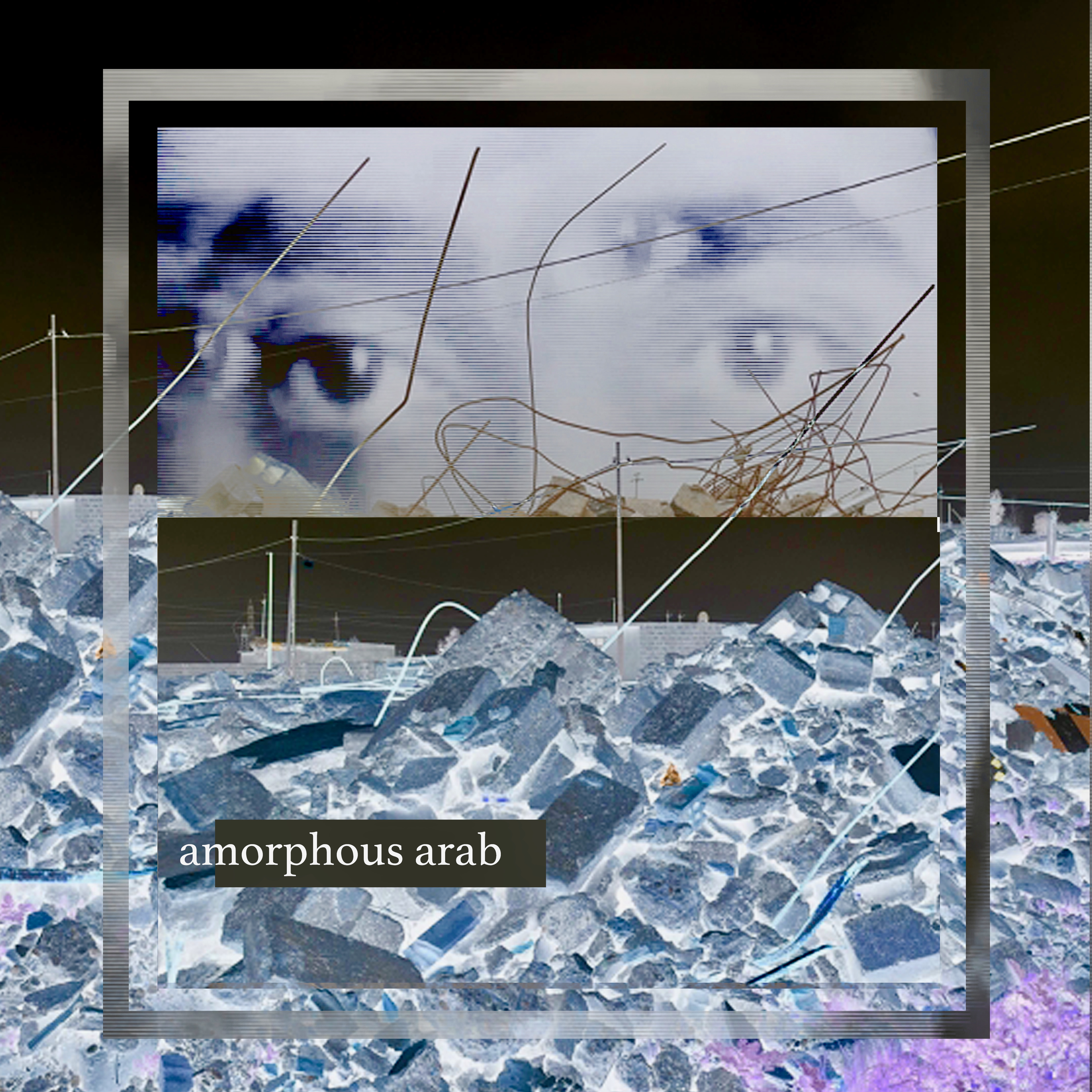
Can one pursue the past through reimagining the present? Veteran musician Yacoub Abu Ghosh and sound experimentalist Rehab Hazgui talk to Norient about merging tradition with recent techniques at the «Mirath:Music Sound Exhibition», a project by the Goethe-Institut.



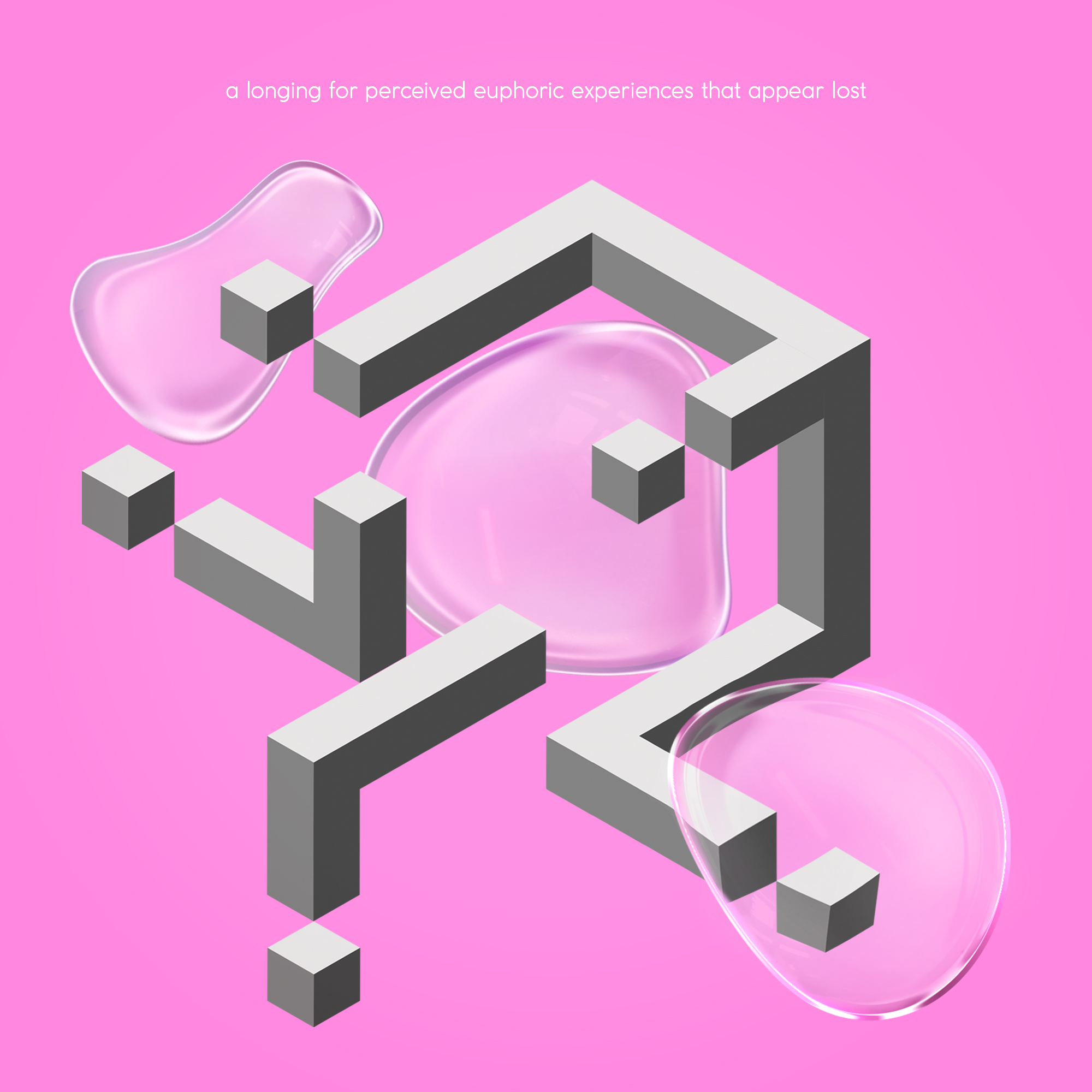
In the final part of his Post-Euphoria series, Guy Baron discusses using stripped-down electronic dance music motifs to suggest ambivalent euphoric experiences and capture fleeting moments.



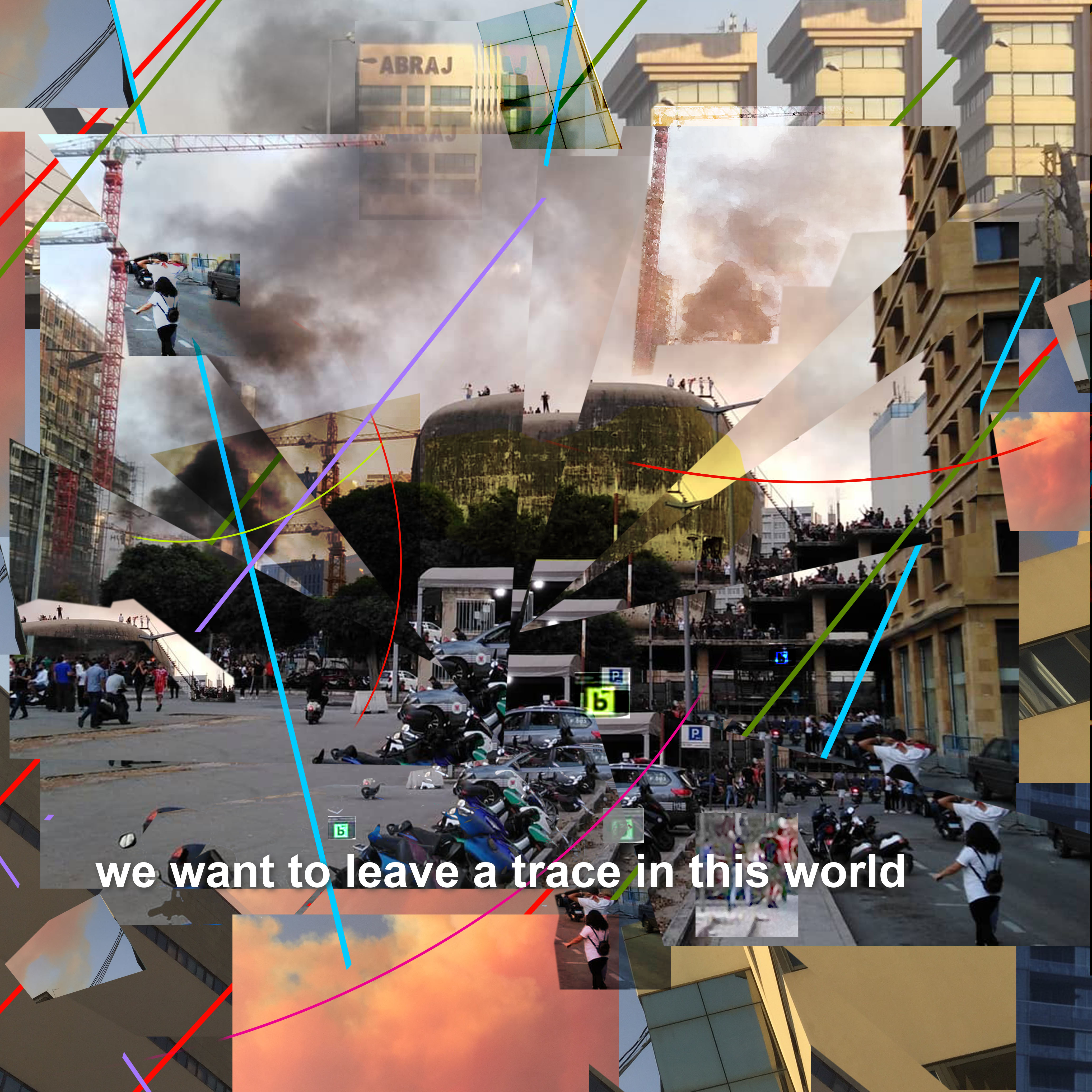
A reflection on the current uncertainties experienced in Beirut and how they have influenced creative processes.



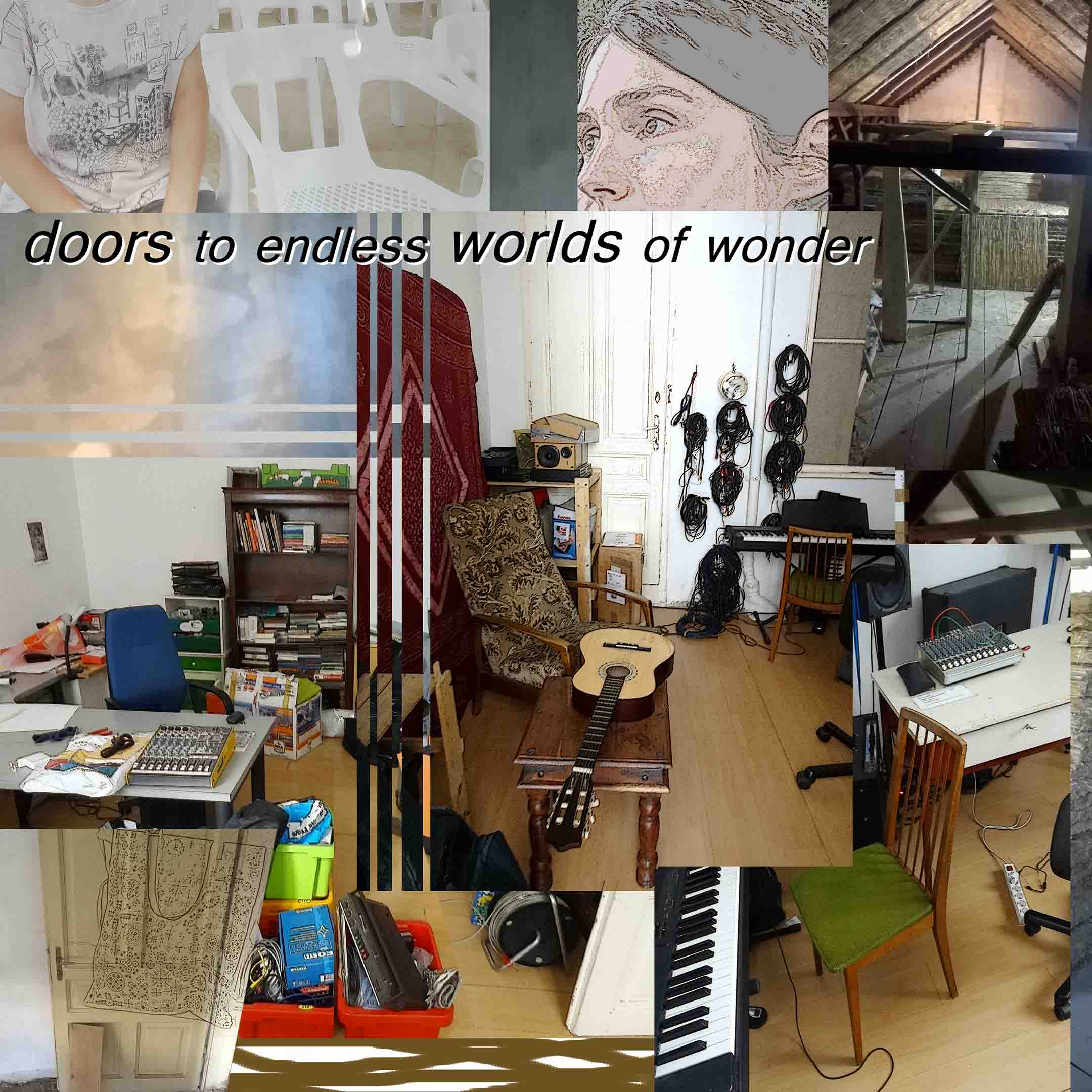
Watching «Sisters with Transistors» reminds Ruth Saxelby that electronic music is a doorway to endless worlds of wonder.



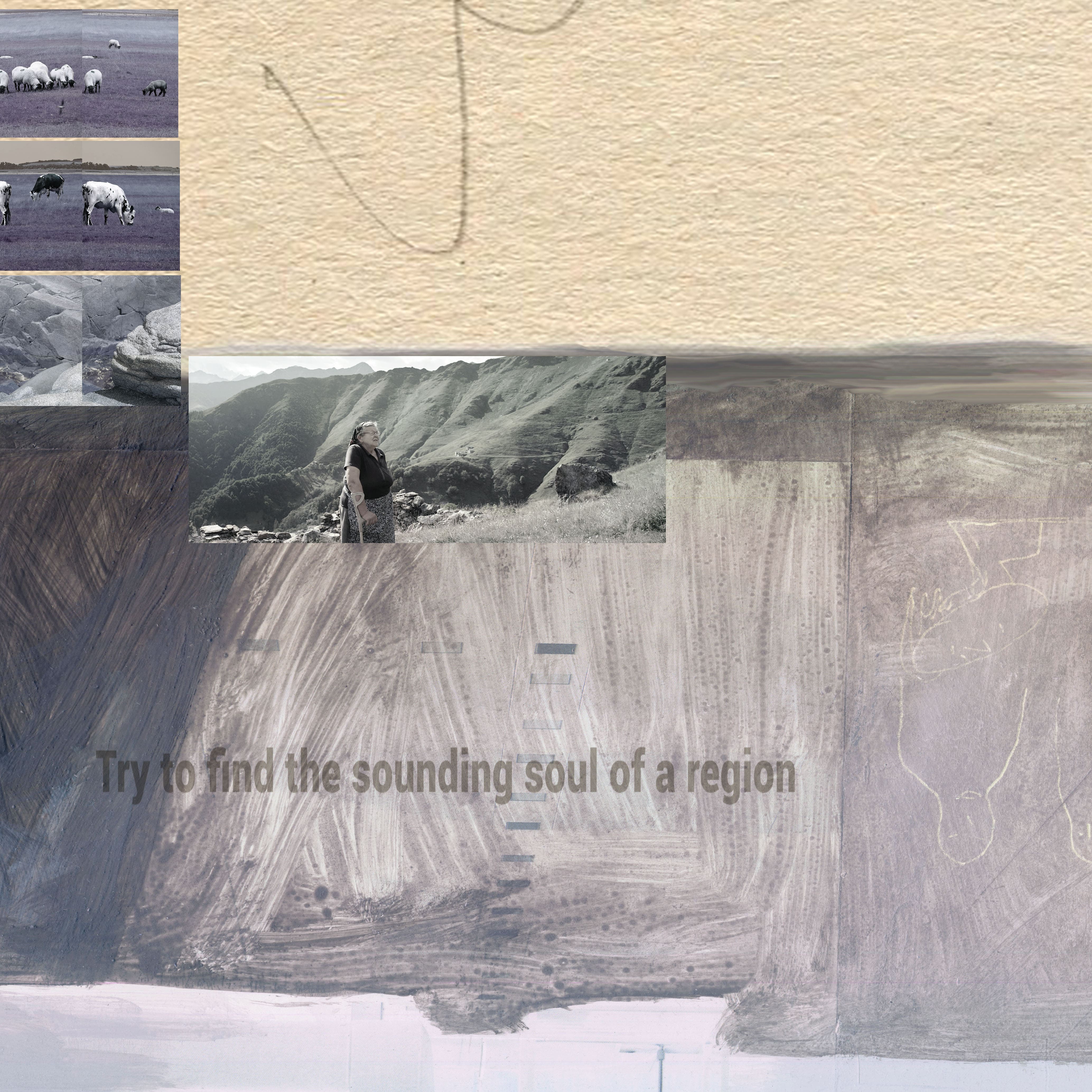
The soundscape of a film defines its perception, yet it is often neglected. While watching «RIAFN», a cinematic journey into the soundscape of the Alps, our writer decided to write a short guide to making a soundscape documentary, in five steps.



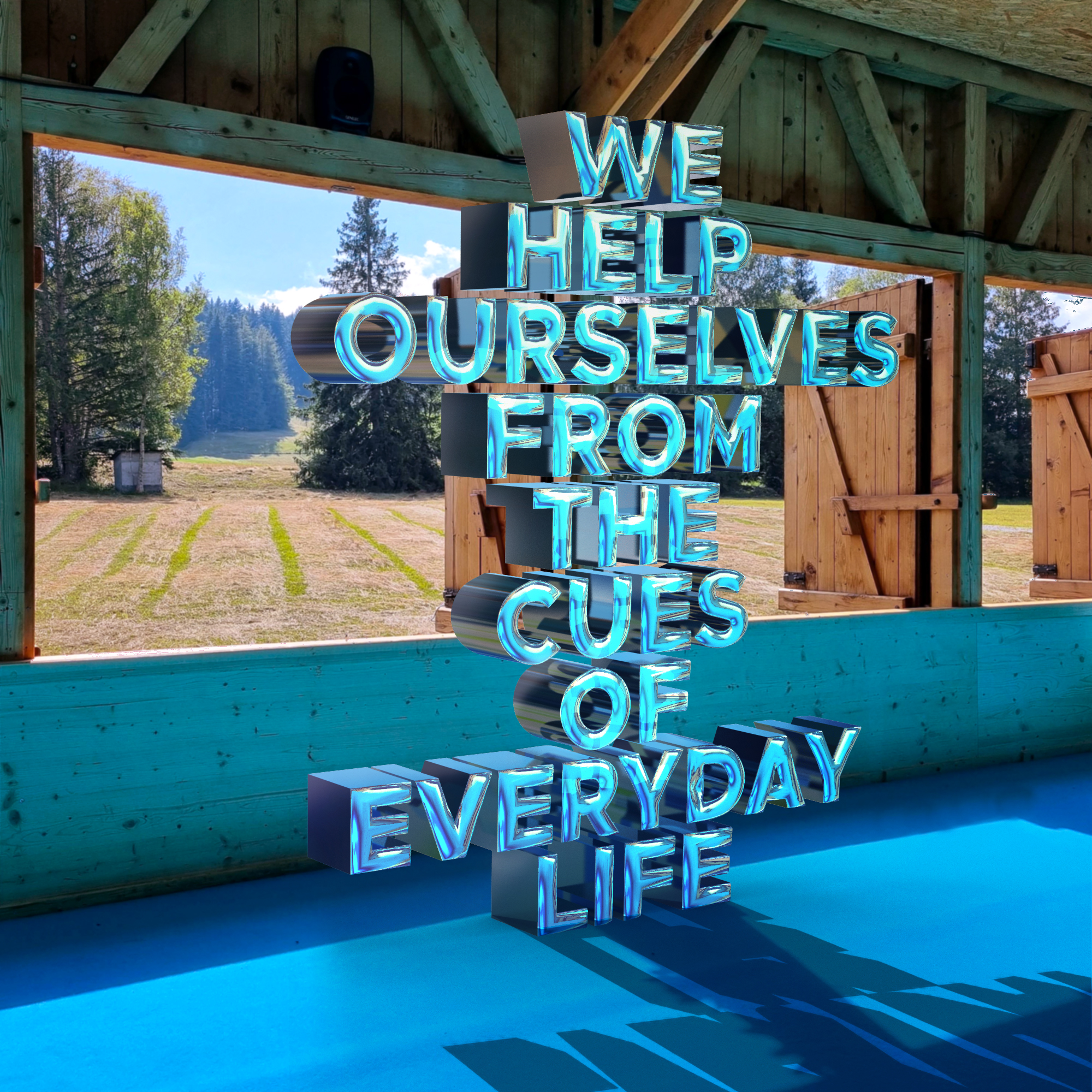
At Klang Moor Schopfe 2021, Philipp Rhensius created 12 experimental audio essays. Inspired by installations of Alva Noto or Rie Nakajima, they merge sound art, poetry, interviews, and club music.


